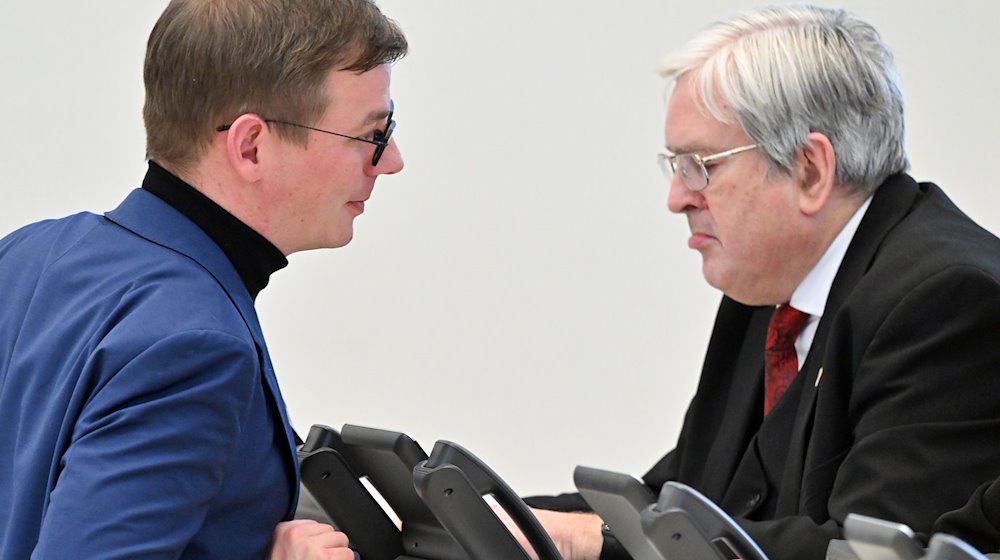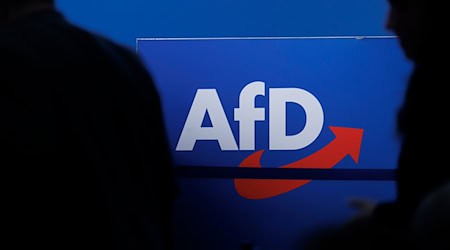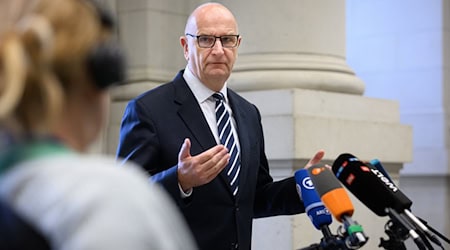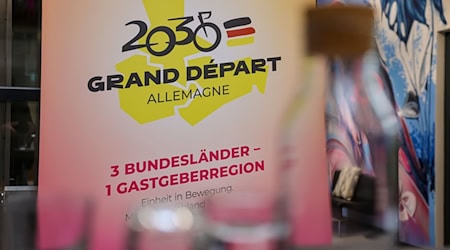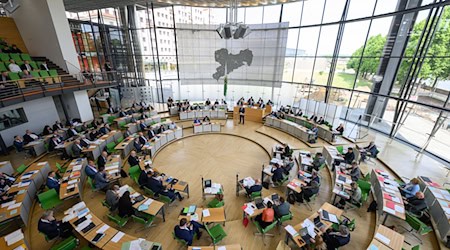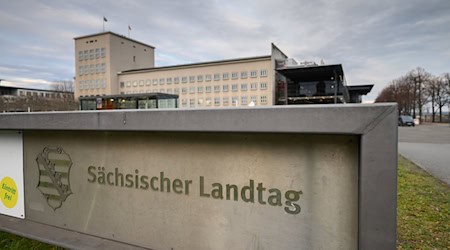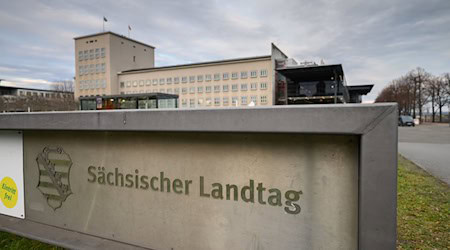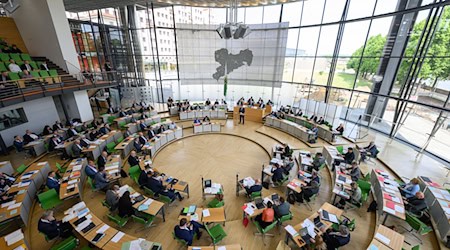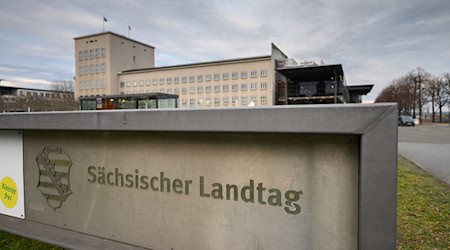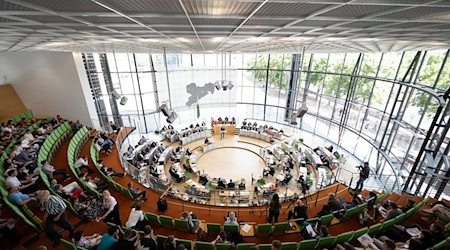Brandenburg's Minister of Economic Affairs Jörg Steinbach has promised to examine the possibility of adopting Berlin's mandatory collective bargaining system for public contracts. "We will take another look at the Berlin system, which is now in operation, to see if we have misjudged it," said the SPD politician in the state parliament in Potsdam on Friday. "But we will continue to examine it carefully and I will not allow myself to drift here."
The left-wing parliamentary group failed on Friday with its demand that the state government should present a plan by May to strengthen collective bargaining in Brandenburg and that the awarding of public contracts in Brandenburg should be legally bound to compliance with collective agreements. The other parliamentary groups voted against. Since December 2022, public contracts in neighboring Berlin have only been awarded to companies that adhere to collectively agreed wages.
In September, Steinbach had pointed out that the Brandenburg state government is waiting for federal guidelines for the goal of a higher commitment to collectively agreed wages in the state. However, no such regulation has yet been issued. In the 2019 coalition agreement, the SPD, CDU and Greens had agreed to strengthen collective wage agreements for good working conditions and to make a collective wage agreement clause a prerequisite for awarding public contracts.
The SPD parliamentary group voted against the Left Party's demand, but is pushing for a solution. He was very disappointed that no agreement had yet been reached at federal level on a collective bargaining law, said labor market politician Sebastian Rüter. "We in the SPD parliamentary group are no longer waiting for a federal law." The regulation from Berlin should be examined.
The AfD considers good wages to be important. "But of course we also want companies to be able to survive in this very difficult situation," said MP Philip Zeschmann, who switched from the Free Voters parliamentary group to the AfD parliamentary group in 2023.
The minimum wage for the award of public contracts in Brandenburg is currently 13 euros per hour, which is higher than the general statutory minimum wage in Germany of 12.41 euros per hour. Green Party MP Clemens Rostock spoke out in favor of a minimum wage for public contracts of well over 14 euros.
According to the German Trade Union Confederation, only 17 percent of companies in the state have collective agreements in place. According to the DGB, this corresponds to 47 percent of employees.
Copyright 2024, dpa (www.dpa.de). All rights reserved

